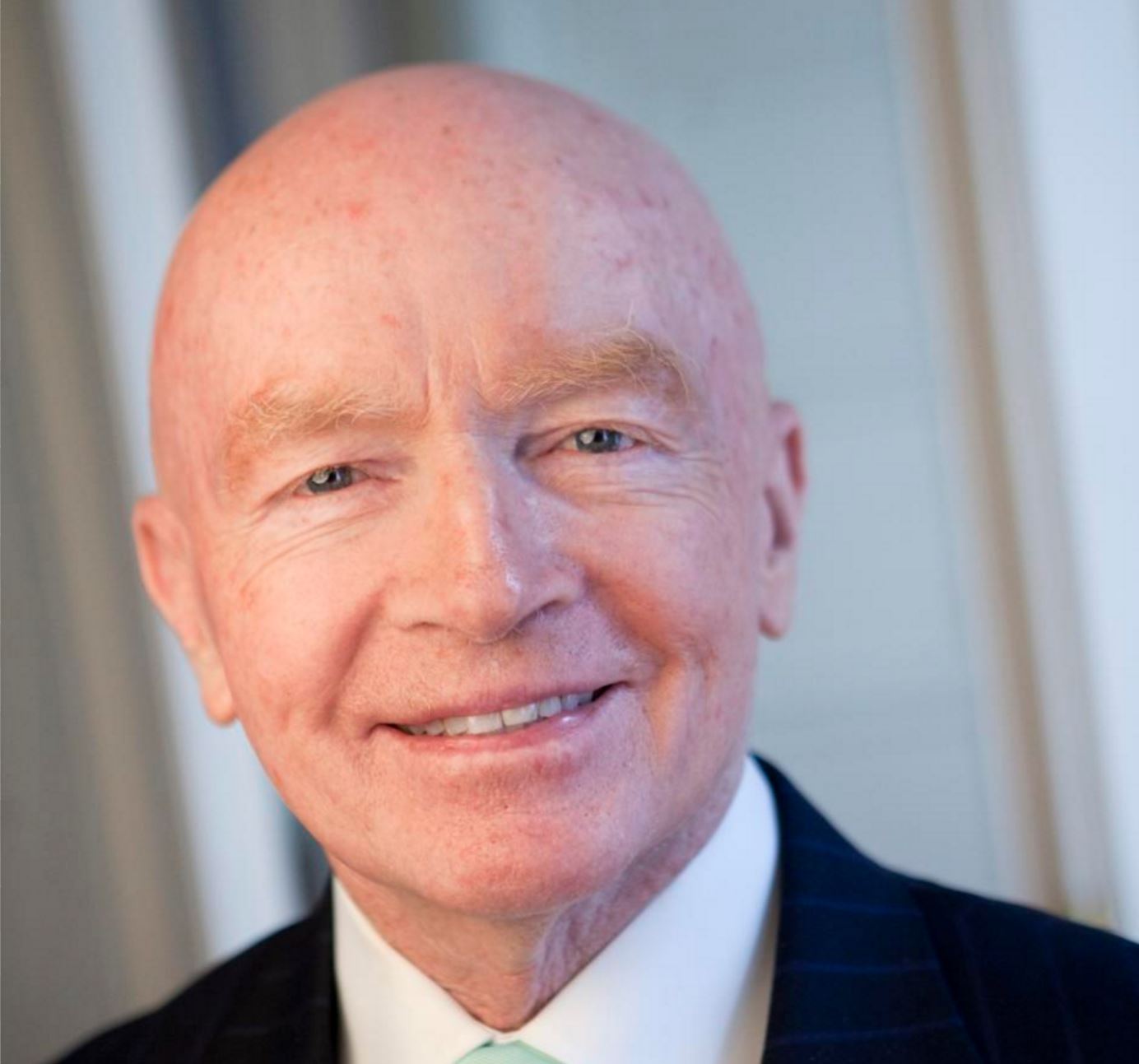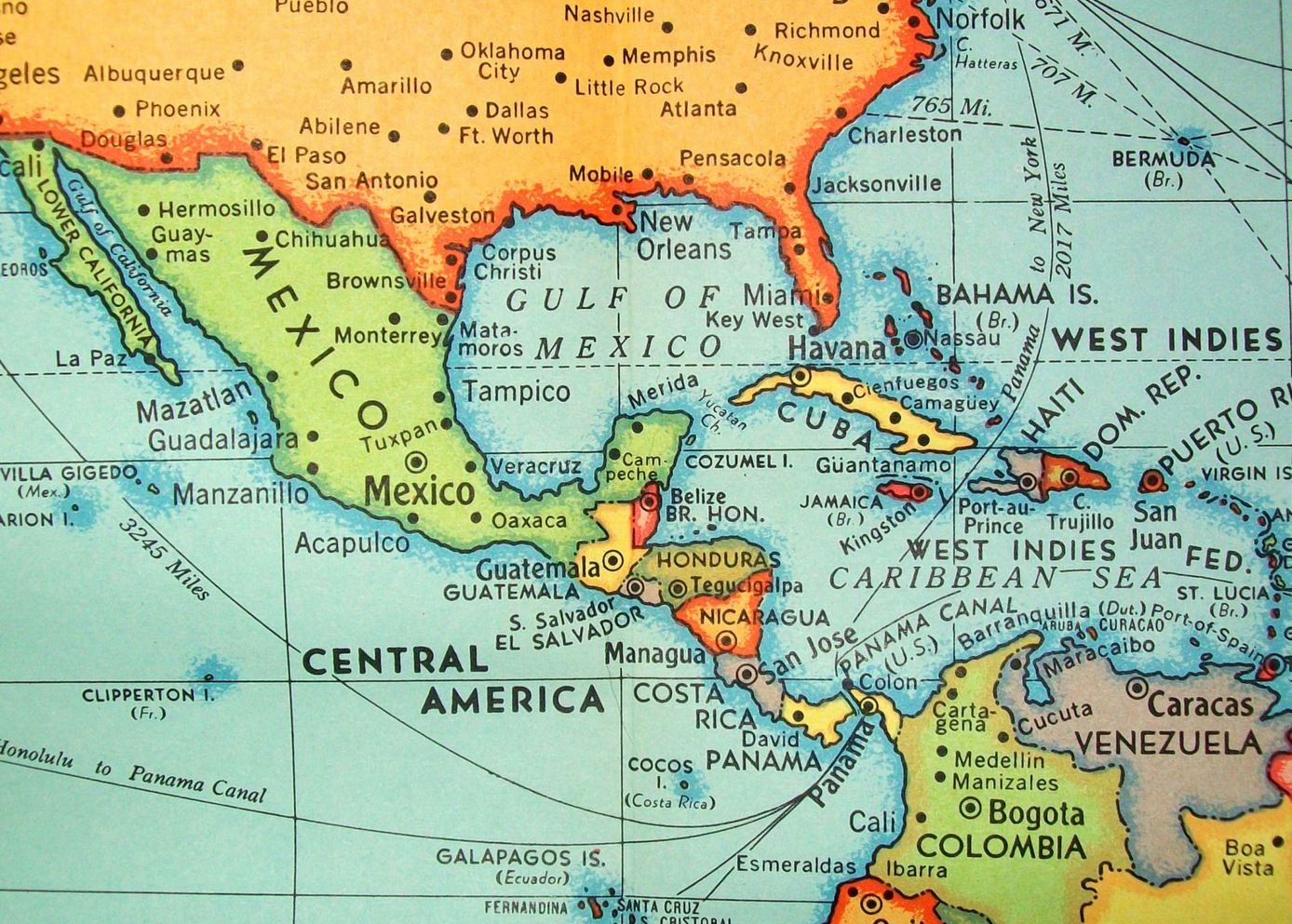Franklin Templeton began investing in emerging markets in 1987 with a USD 100 million fund. Today, it manages over USD 26 billion in emerging market strategies. Mark Mobius, Executive Chairman of Templeton Emerging Markets Group and architect of this expansion, talks to Funds Society in an interview from which a fundamental idea emerges: technology, especially if it’s internet-related, is transforming emerging countries by pushing them to a new Era of growth that is revolutionizing the way we invest in these markets.
The average growth of the economy in emerging markets is 4.5%, as compared to 2% in developed countries. According to Mobius, this gap will continue to expand, and to understand why, we must look beyond mere demographic reasons, and the key is in technology.
“The Internet’s massive penetration in emerging markets has caused these countries to take a technological leap, maximizing productivity and overtaking the developed ones. For example, in China, the importance of online shopping is such, that they have devised an online payment system far superior to all traditional payment systems used by banks. Even in Africa, we see similar examples, like M-Pesa, created by Vodafone in Kenya, a pioneer in money transfers using mobile phones. “
M-Pesa (M for mobile, and Pesa, for the word money in Swahili) is a means of payment by cell phone that includes transfers and microfinance, and which has extended from Kenya and Tanzania, where it was launched in 2007, to South Africa, India, Egypt, Lesotho, Ghana, Mozambique and several countries in Eastern Europe.
China can be just as innovative, or even more so, than the United States
Alibaba, the Chinese “Amazon”, in its last “Singles Day” had revenues of USD 17.8 billion, compared to the USD 5 billion spent in the United States on Black Friday plus Cyber Monday. The Chinese market is huge, and Internet activity is the norm. “China accounts for 10% of the global internet traffic, as compared to 4% for the United States,” says Mobius, “and it’s not just about applying the law of large numbers, technological innovation is cutting edge.”
An example of local technology is WeChat, owned by TenCent Holdings, one of the companies held by Templeton’s Emerging Global Strategy. This app is the Chinese answer to Whatsapp and Snapchat and has more than 700 million users, mostly in China, although it is also used in India or even in Latin America. In the big cities in China, it has a penetration of over 90% and its uses go far beyond those in Whatsapp, as it is used to close business appointments, order food in restaurants, call a taxi, transfer money, etc. WeChat’s estimated ARPU, or average revenue per user is USD 7, seven times that of Whatsapp, which, as we may recall, was acquired by Facebook in 2014 for USD 22 billion.
China has its own Silicon Valley in Shenzen, a city in the south of the country. “A lot of talent based in Silicon Valley comes from China and India. If Trump applies very stringent immigration regulations, some of this talent will have to return to their countries of origin,” says Mobius,” something that would be very damaging to the tech industry in the United States.”
Chinese technology is being exported to other emerging markets
China’s telecommunications equipment industry, for example, has achieved very sophisticated but cheaper technology than its European competitors, Ericsson and Alstom. China is also willing to provide financing to emerging markets that need to invest heavily in infrastructures. Mobius describes how its team noticed an unexpected decline in capex in telecommunications equipment in Argentina. When analyzing the situation, they saw that the investment in infrastructures had fallen because the acquired telecommunications equipment was cheaper, and Chinese. “Although the price was lower, the service was excellent, as the Chinese company had transferred 100 engineers to Argentina to implement the equipment.”
Smaller companies offer the greatest opportunities
According to Mobius, China is a more liquid market, and the opportunities are huge, especially now with the connection between the Hong Kong and Shanghai markets, which has provided access to smaller companies, whereas before you could only invest in large caps. That said, India has a higher rate of growth. “The potential in India is higher since it starts from a lower base. There are 4,000 listed companies, and even though there is more research now than when I started investing in emerging markets, not many more than 100 are covered. There are still a lot of opportunities that can be exploited if you have an investment team in the ground, especially in the field of small caps, and also in private equity. “
The advantage of having local teams extends to all the markets in which Mobius invests. Franklin Templeton has a strategy that invests in smaller companies in emerging markets, that has had particularly strong performance this year. The asset management firm is also present in the field of private equity in emerging markets through specialized vehicles. In this area, Mobius noted, “We focus on companies that are close to going public, preferably within a three to five year time frame”.
The other force for change mentioned by Mobius is political: emerging markets are veering politically towards more orthodox governments, promoting pro-market reforms. “Greater freedom in these countries leads to an increase in social movements and demonstrations, which are sometimes violent, but which also promote change,” adds Mobius.
Does the FED rate rise pose a risk to emerging markets?
In addition to the reservations caused by Trump’s rise to power, which, to a certain extent, have slowed down the flow towards emerging markets, there are a number of factors that worry investors. The behavior of these markets in a raising rates environment is number one on the wall of worries for many investment professionals. Mobius believes in the case of emerging market equities, history shows all kinds of behavior in periods of rate hikes by the FED, “there is no correlation,” Mobius points out. In fact, in his opinion, it may be positive for the markets because US savers will feel more secure seeing their pensions are yielding something, and will be less reluctant to invest in more risky assets such as emerging markets equities.
Argentina and Brazil, a winning tandem
Templeton is a value-based asset manager, and this year, this approach has benefited the emerging market strategies managed by Mobius, obtaining returns that generally beat their benchmarks comfortably. But there are also other factors that explain this good behavior.
The main one is the overweight of the technology sector, including internet-related stocks, the cornerstone of development in emerging markets. “We were late to the internet because, as value investors, we found it difficult to find companies with good earnings, but now we do find them, especially in China.”
Investing in a couple of heavily undervalued Brazilian banks has also had a positive impact on Templeton’s equity strategies. Brazil, along with Thailand, are positions that Mobius has been overweighed for a long time. This year, both markets have worked very well. In addition Argentina is one of the countries whose change is more plausible, according to Mobius, who is very positive about its prospects. “We would like to see more privatizations of state-owned companies and more issues, but on the whole, Argentina has a terrific profile for investing.”


 By Fórmate a Fondo
By Fórmate a Fondo